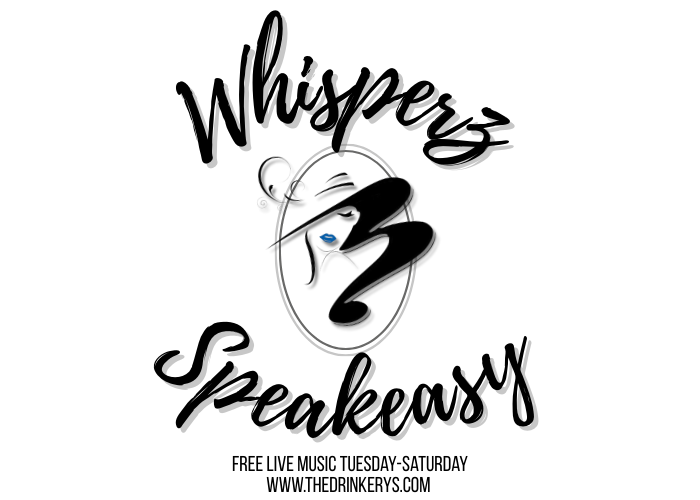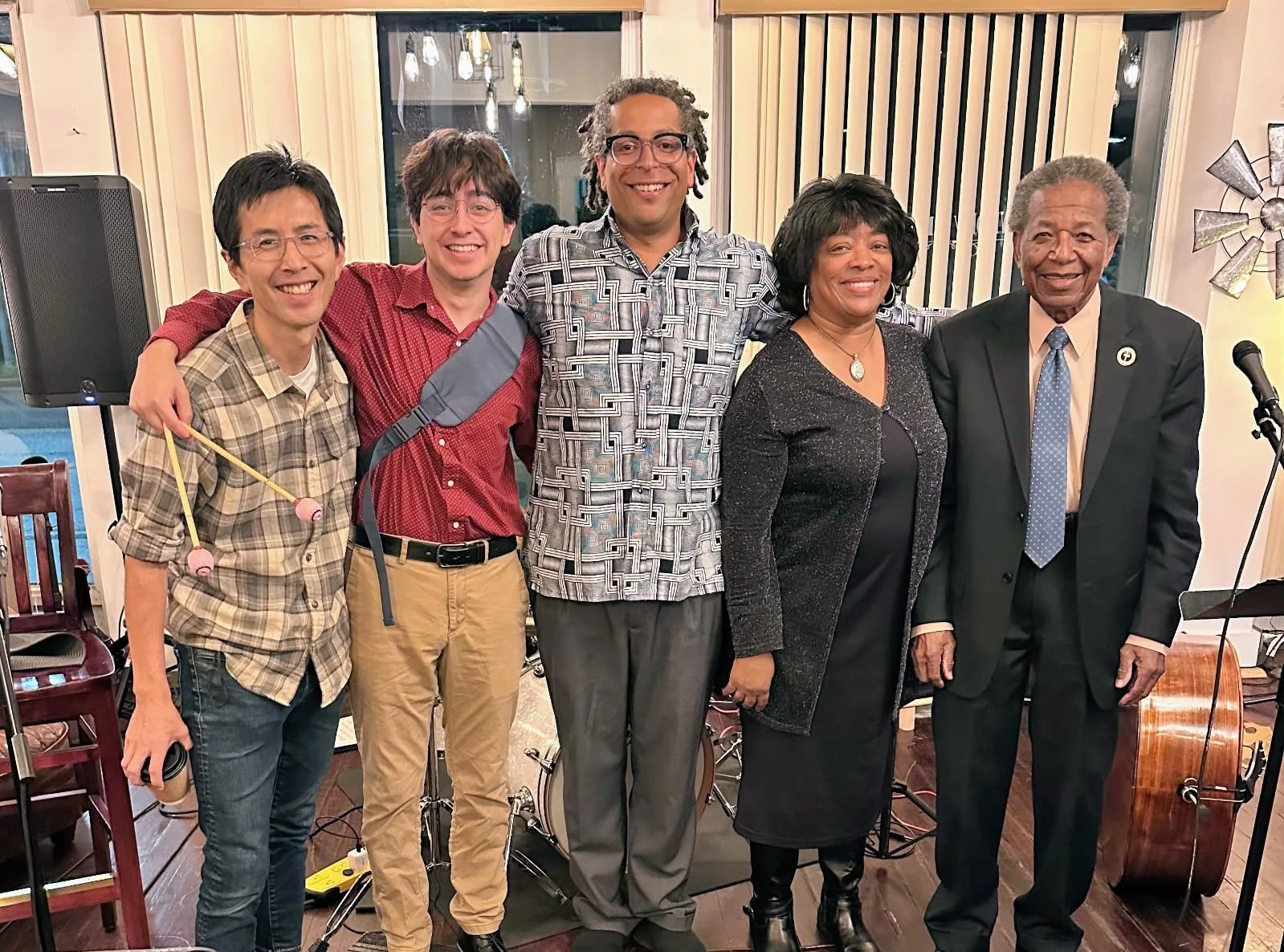
Whisperz Speakeasy
What’s the secret password?

Password of the Week
February 17 - February 21, 2026
The Orpheum Theatre
As we celebrated our own one year anniversary, another grand centennial anniversary was celebrated at this Downtown Los Angeles legend, the Orpheum Theatre, a dazzling venue that opened its doors on February 15, 1926. Designed by the talented architect G. Albert Lansburgh, it is a grand building designed in French Baroque style located at 842 S. Broadway. The Orpheum Theatre is considered a true masterpiece of design and culture and it is our password of the week at Whisperz Speakeasy!
Much of the inspiration for the interior design of the Orpheum Theatre was informed by King Francis I of France’s patronage of the Arts. The crowned salamander, representative of King Francis, is used throughout the decoration of the theatre. The Orpheum boasts an elaborately-detailed proscenium arch and gilded sounding board which gives way to a series of stepped opera boxes on each side, with the organ chambers located above. The ceiling plasterwork is detailed and elaborate with light flowing from hidden coves. A pair of over-sized chandeliers hang from symmetrically central points in the ceiling. The lobby features marble throughout and wows audiences with its opulence and gallery views, much of which has been an inspiration here at Whisperz Speakeasy! A 3-manual, 14-rank Wurlitzer pipe organ was installed in early 1928, replacing an earlier organ, and is still in-situ today and used for special screenings. It is one of very few theatre pipe organs still installed in its original home, at the Orpheum Theatre
The Orpheum quickly became the crown jewel of the vaudeville circuit, hosting an array of legendary performers who brought the house down with their incredible talents. Imagine Judy Garland, before she was Dorothy, singing her heart out as Frances Gumm, or the Marx Brothers causing uproarious laughter with their antics. The theater's stage also saw the likes of Ella Fitzgerald, Duke Ellington, and Lena Horne, each leaving an indelible mark on its storied history.
As the years rolled on, the Orpheum adapted to the changing tides of entertainment and began screening films. However, its charm never waned, and in the 1960s, it became a hotspot for rock 'n' roll, with icons like Little Richard, Aretha Franklin, and Stevie Wonder electrifying audiences.
But the Orpheum’s journey was far from over. Facing the threat of demolition, it was saved and lovingly restored with a $3 million renovation beginning in 1989, followed by another $4 million in 2003. Today, this historic theater continues to host concerts, live events, and even the "Last Remaining Seats" film series, forever preserving its legacy as a cultural treasure.
The legend that inspired the Orpheum's name is the tale of Orpheus, perhaps almost a Valentine’s Day tale and love story in its own rite. Orpheus was a mythical figure renowned for his enchanting music and poetry. Born to the gods Apollo and Calliope, Orpheus possessed a gift like no other. His music could move mountains and calm the fiercest storms.
Armed with a magical lyre gifted by his father, Orpheus embarked on adventures with mortal men aboard the Argo. His melodies were so powerful that they saved his fellow sailors from the deadly songs of the Sirens, guiding them to safety through treacherous waters.
The story of Orpheus is also one of love and loss. He married the beautiful Eurydice, but tragedy struck when she died from a snake bite while fleeing the advances of Aristaeus. Heartbroken, Orpheus journeyed to the underworld to bring her back. His music charmed the gods of the underworld, granting him the chance to rescue Eurydice on one condition: he must not look back as they ascended to the surface. Alas, he succumbed to doubt and turned around, losing Eurydice forever.
Orpheus's sorrowful tale ends with his tragic death at the hands of the Maenads, yet his legacy endures. The gods honored him by placing his lyre among the stars, creating a constellation that lovers gaze upon, keeping his music and poetry alive for eternity.
And while it is of great inspiration to the essence of our design and mission at Whisperz Speakasy, the Orpheum Theatre stands as so much more. It is a timeless monument to the legends of stage and screen but also a tribute to the enduring power of music and love—a timeless story that continues to captivate all who step through its grand doors, a spirit we can only hope to capture here!

Upcoming Events
What people are saying
“ok, i don't even want to tell you about this place because it is so cool i want to keep it to myself! THE most amazing speakeasy i have ever been to!!! period! it exceeded my expectations. it was opening weekend, we didn't have a reservation, they gave us coupons for drinks next door while we waited our turn. their food and drink prices are very reasonable and delicious. the entertainment was absolutely on point as was the decor and ambiance! great job! i can't wait to go back!”
— Kathi W.
Yelp Review
“Location is deceiving on the outside but do not sleep on this place! The work that was put into this place is unbelievable! Bravo! Drinks were fabulous, selection of wines and bourbons were great. Prices were very reasonable for this unique experience. My husband checked out the bourbon and I had a Mame old fashioned (yum!). Small bites also good. Would go back for the blue cheese crostini alone! Will definitely be back!”
— Erin Peden
Facebook Review
“I really love a good speakeasy and this one definitely hits the mark. Hidden passwords? Check! Dark and elegant? Check! Costumed hostess, servers, and bartenders? Double check! A friend and I just stopped in and were not properly dressed but they let us in anyways! The drinks are to die for and the finger foods are so yummy! I can't wait to get fancy and go back!!”
— Amberli C.
Yelp Review
“Came here for my birthday and everyone loved it! The whole place is stunning and definitely my favorite speakeasy I've been to! They do have a dress code but my friends and I all dressed up in 1920s style clothing. The drinks are delicious, especially their espresso martini! It was busy so it took a while to get our drinks. The live music was great and very on brand. Also it wasn't super loud so we could still converse and hear eachother. All of my friends kept saying how they couldn't wait to go back!”
— Sarah Turecky
Google Review
“We had a great experience here, I highly recommend, it is something different for the Dayton area and it's always great to support a small, local business. The cocktails were great, the service was great, the food was good, the music was great. We will definitely be back!”
— Daytons1blonderealtor
Google Review

























